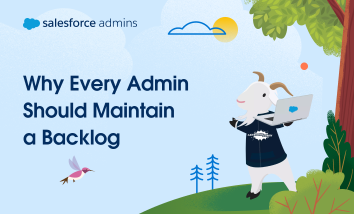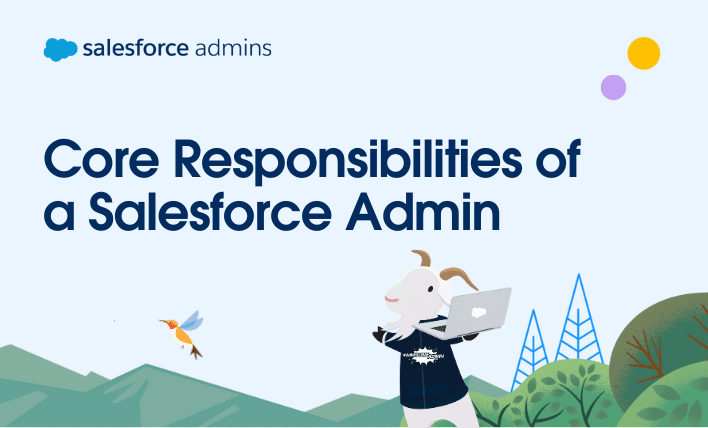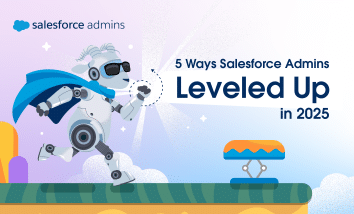Requests come from everywhere: users, stakeholders, leadership. Without a plan, it’s easy to fall into reactive mode. A good backlog helps admins stay grounded. It’s your go-to place for capturing ideas, organizing requests, and moving your org forward with clarity and confidence. In this post, we’ll discuss what a backlog actually is, how to start […]











